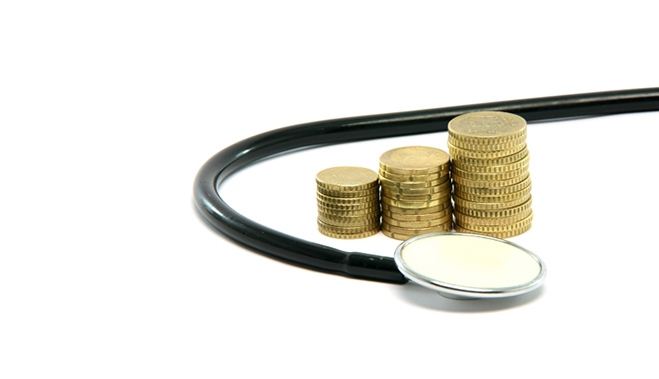Chapter 32 – Financial control was opened on 24 June 2014.
This Chapter is related to the adoption of standards, methods, and international principles of internal financial control across the entire public sector, as well as the control of spending from the EU funds.
Financial control includes four main areas: public internal financial control (PIFC), external audit, protection of the EU’s financial interests, and protection of the euro from forgery.
Main objectives of this Chapter are: financial stability of the Member States, prevention of misuse of financial means, contribution to a more efficient, successful, and accountable spending, which offers an important mechanism for fighting corruption.
Internal financial control systems contribute to an improved discipline and provide for transparency in using public and EU funds, as well as the protection of EU financial interests.


